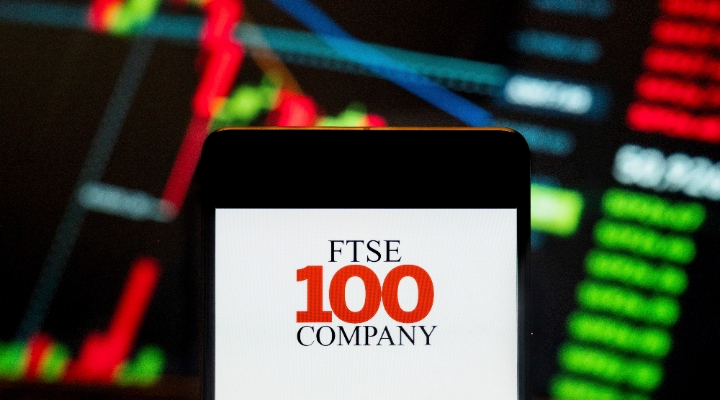Financial advisers will have to work harder to adapt their services to meet the broader needs of investors in the future, according to consultancy KPMG.
The Investing in the Future report stated that over the next 15 years there will be opportunities for the investment industry to develop new services and products in order to match investors’ changing requirements.
Investors in the future will face challenges thrown up by pension reforms, advice regulation and increasingly transparent stock markets. Pricing pressure will also alter the landscape – as active management is blended with passives to cheap cost down, and many investors choose DIY portfolio construction.
“We recognize that alpha generation and return delivery will remain key to the overall value proposition, particularly as investors seek to provide for what could be an increasingly uncertain financial future given current savings rates,” the paper reads.
“Interestingly for investment managers, delivering the level of return sought may be increasingly challenging in an environment in which these megatrends are present, as we have very limited historical precedent on how to achieve this. However, as investor engagement improves – more out of necessity than desire, we believe they are likely to value broader or newer aspects of the proposition set, outside the core investment management process.”
The paper highlights that operational efficiency and cost flexibility will become increasingly important, and predicts that traditional stalwarts of the City will face challenges from new players entering the industry – many of which will be online based, and tech savvy.
“Interactive service models, 24/7 connectivity and access to relevant and timely information via a wide variety of media types will increasingly be expected as the norm,” it reads.
Chris Williams, CEO of online financial adviser, Wealth Horizon, said that technology is key to bridging the investment landscape.
“Clients are already using technology as part of their everyday lives and are increasingly looking for advice online. The next step for the industry is to ensure they are comfortable not only beginning their journeys online, but also going full circle and ending them online too,” he said.
“While the majority of customers are happy looking for advice online, that is not to say that they no longer crave any form of human interaction. There is a need for a model which meets the needs of clients digitally, for simple needs, but offers additional augmented advice delivered as and when required.”
Speaking at the Morningstar Investment Conference last month Charlie Nicholls who founded Money on Toast, a website that builds investment portfolios using algorithms said: “People are trusting algorithms with large swathes of their lives – one in five marriages in America are the product of a relationship matched by a computer,” said Nicholls. “If you are going to trust algorithm to determine the rest of your love life, then why not your trust one with your money?”
Chris Williams from the Institute of Financial Planning agreed that the advice industry had to adapt and innovate to meet the changing needs of investors. “I think we will see a growing number of investors go online to get advice,” he said. “Almost everything can be automated apart from the dissecting of estates in divorce or death work. The industry has to stop being so arrogant – it’s up to us to adapt not investors.”





























